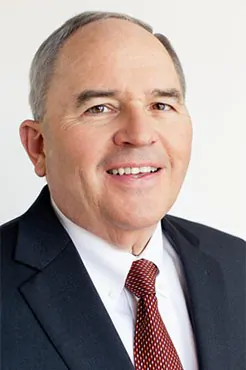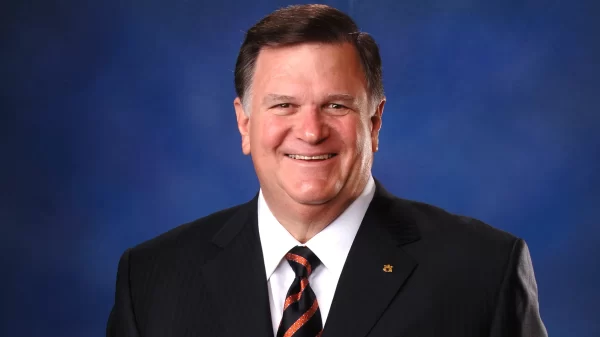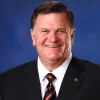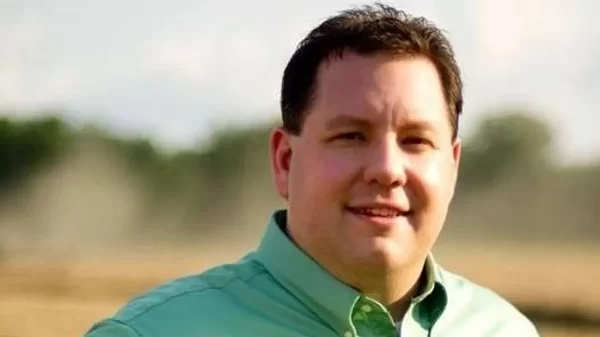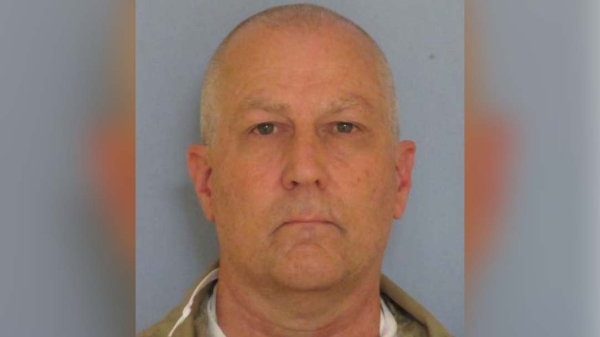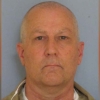By Bill Britt
Alabama Political Reporter
MONTGOMERY—Motions filed Monday in the felony case against Speaker of the House Mike Hubbard show, that through a complex structure of attorneys, Hubbard and others were able to share information about the inner workings of the Grand Jury investigation that led to his criminal indictments.
On Friday, Hubbard’s criminal defense team filed a Supplement to Motions to Dismiss Indictment based on Prosecutorial Misconduct and Support of its Motion to Quash.
Monday, the State responded with more revealing information about the investigation into Hubbard, who is charged by the State with 23 felony counts of public corruption.
A matrix of overlapping attorneys seems to have allowed a free flow of secret information between Hubbard and individuals who have been named as material witnesses in the Hubbard indictments.
These latest revelations show a pattern emerging that suggests not only was team Hubbard receiving confidential information under the guise of attorney/client privilege, it also reveals that four of the seven individuals named in the Hubbard indictments shared attorneys.
The individuals who shared counsel with ties to Hubbard were Will Brooke, Jimmy Rane, Bob Riley and Minda Riley Campbell. These individuals are named as material witnesses by State prosecutors.
Attorney General employee Claire Haynes, who was formerly employed by the Business Council of Alabama (BCA), also shared an attorney with ties to Hubbard’s team, according to the court filings.
“The only time you see arrangements like this is generally a mafia trial or large drug conspiracies,” said a attorney who spoke on background.
According to the latest filing, when Brooke appeared before the Lee County Grand Jury he was accompanied by his attorney, “Mark White – the same attorney representing Hubbard. Similarly, Jim Pratt, another attorney representing Hubbard, accompanied Jimmy Rane during his appearance before the Grand Jury. Also, Hubbard’s attorney, Rob Riley, represents both Bob Riley and Minda Riley Campbell and accompanied both of them to grand jury.”
Rob Riley, the son of former Gov. Bob Riley, is represented by Bill Athanas, who once served under Chief Matt Hart when he was head of the White Collar Crimes Unit for the US Attorney’s Office in Alabama.
Haynes, who serves as legislative affairs director for the Attorney General’s Office, is represented by Michael Kidd.
Kidd sent a letter to the State on behalf of Haynes and copied the Court and counsel for Hubbard, Mark White.
“Strikingly, the version of the Kidd letter attached to Hubbard’s Supplement is different from the version the State received directly from Kidd, a copy of which is attached as Exhibit B,” states the prosecution.
The version attached to the recent filings by Hubbard’s attorney White is on different letterhead and was not signed, giving the impression that White had a copy ahead of time, or even, perhaps, wrote the original draft and forwarded it to Kidd for signing.
On several occasions, White has questioned the propriety of witnesses being questioned about why they selected a particular attorney, who suggested them and who was paying them.
The State has responded by saying, “Hubbard sharing legal counsel with these witnesses by itself provided a basis for the grand jury to inquire into the circumstances of the legal representation of those witnesses.”
Of course, this raises a larger question put forward by the prosecution: Why would some of the State’s leading white collar criminal defense lawyers not reveal the overlapping representation between Hubbard and their clients?
A Motions Hearing is set for later this week on April 15.
In what increasingly appears to be a desperate attempt to avoid a criminal trial, Hubbard has offered memos by disgraced former Deputy Attorney General Henry T. “Sonny” Reagan, to show prosecutorial misconduct. Even though it has been revealed in court documents that Reagan was leaking Grand Jury information to Hubbard and the Riley’s as early as 2013.
The latest revelation about the matrix of attorneys will surely raise eyebrows, as the case marches toward the trial in October.








































